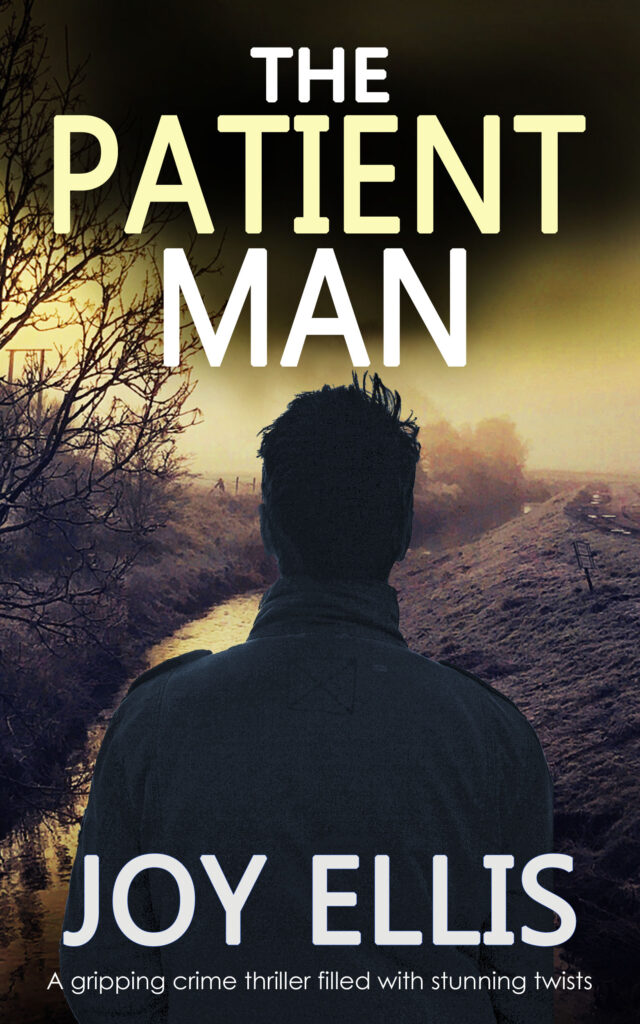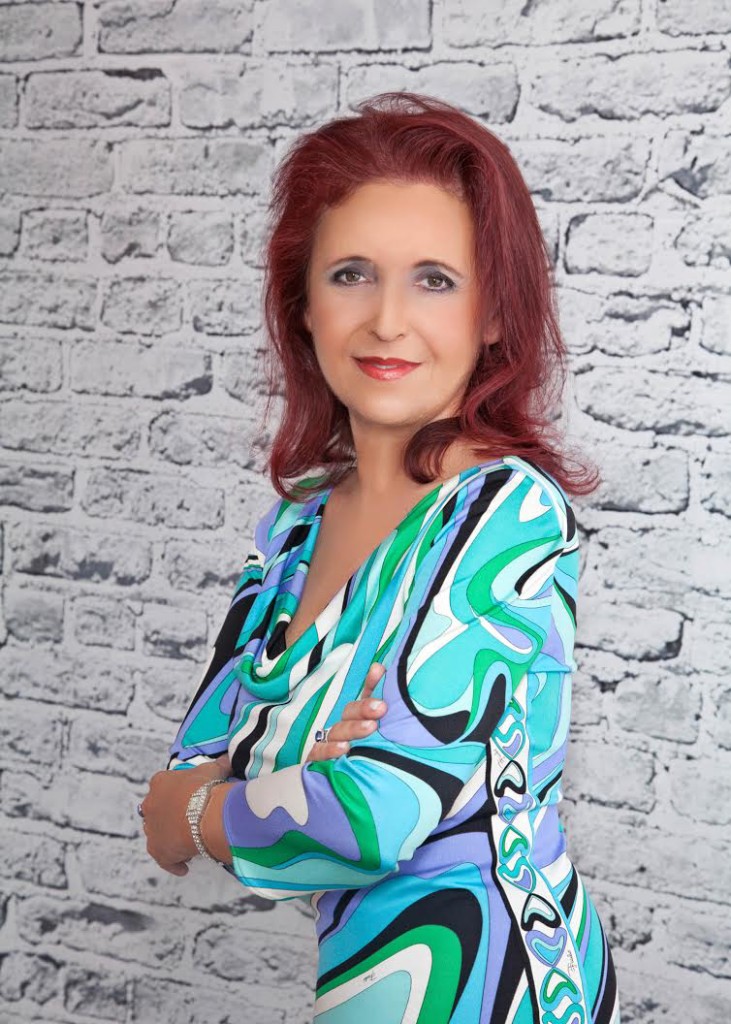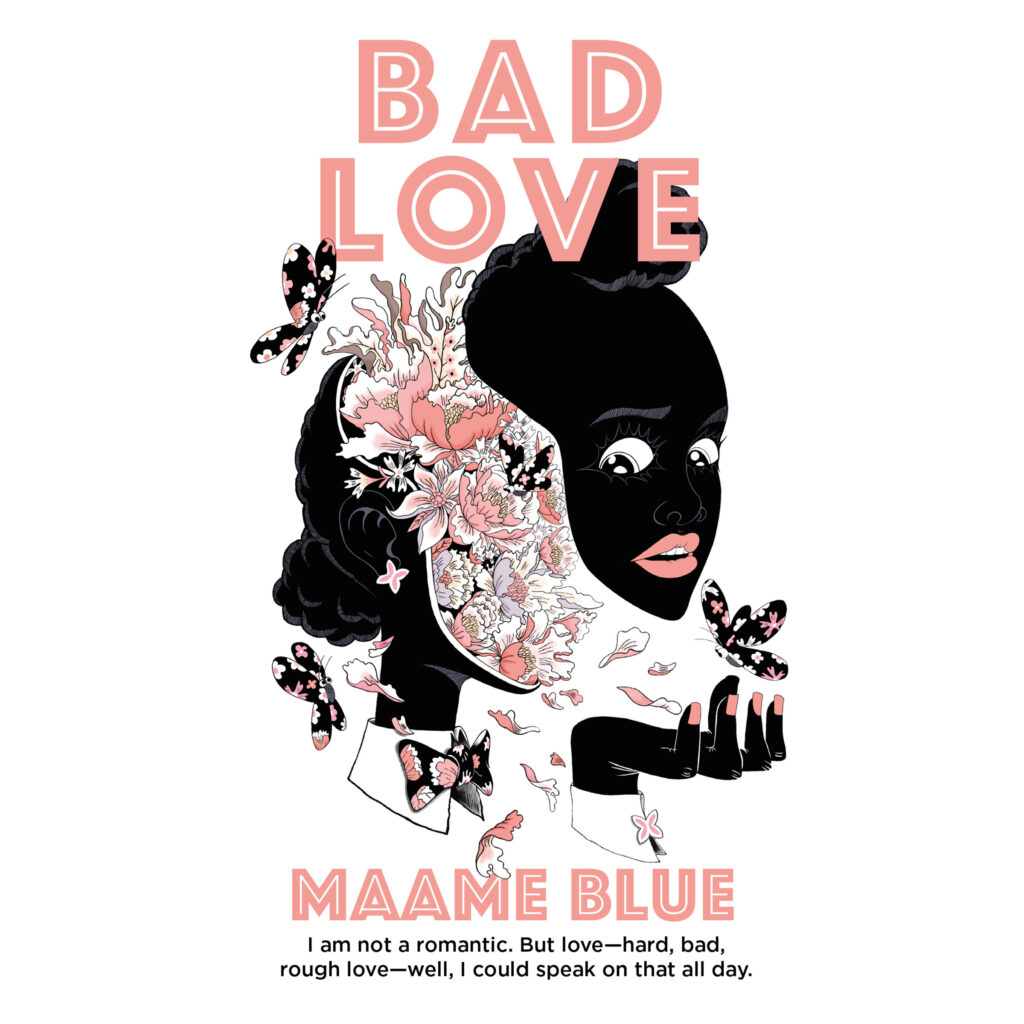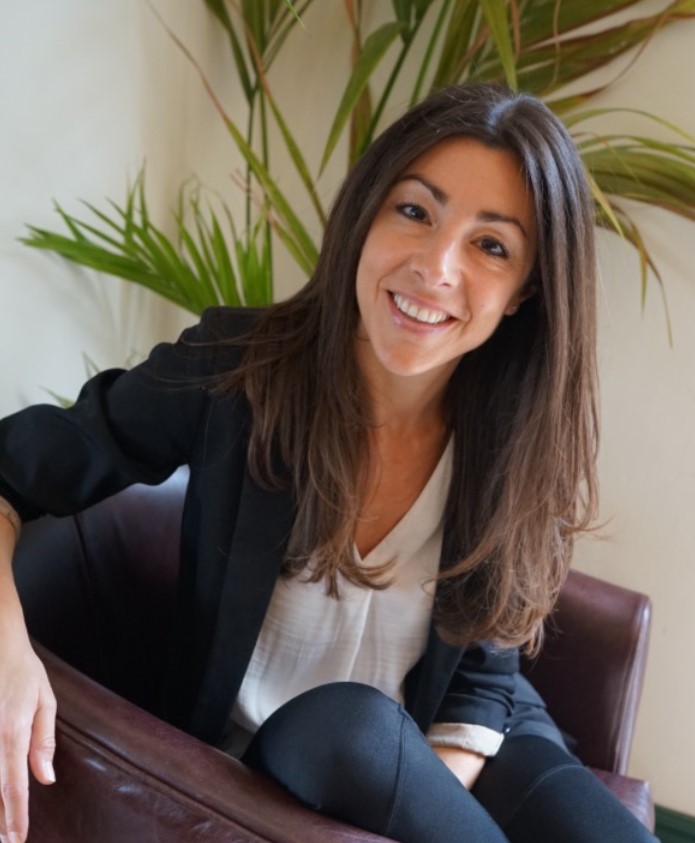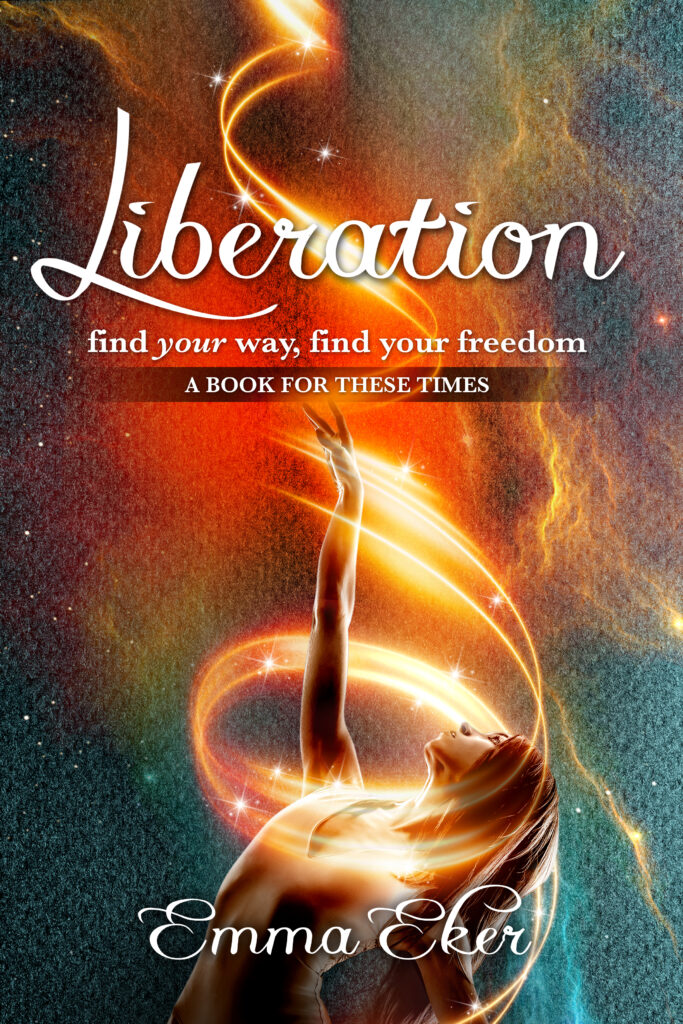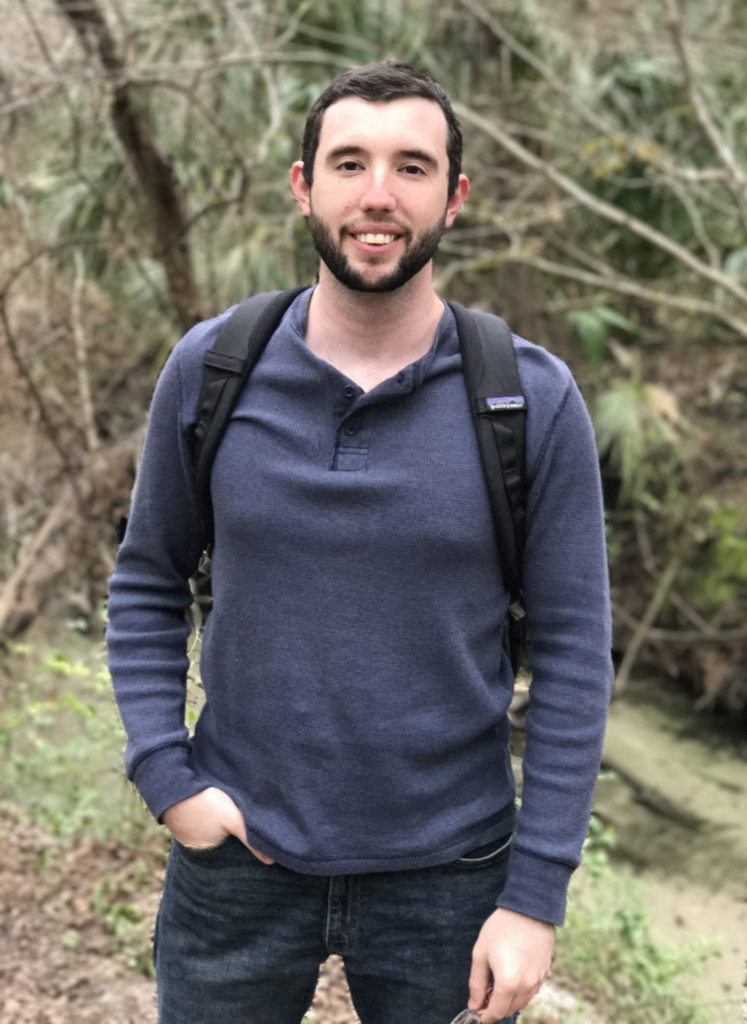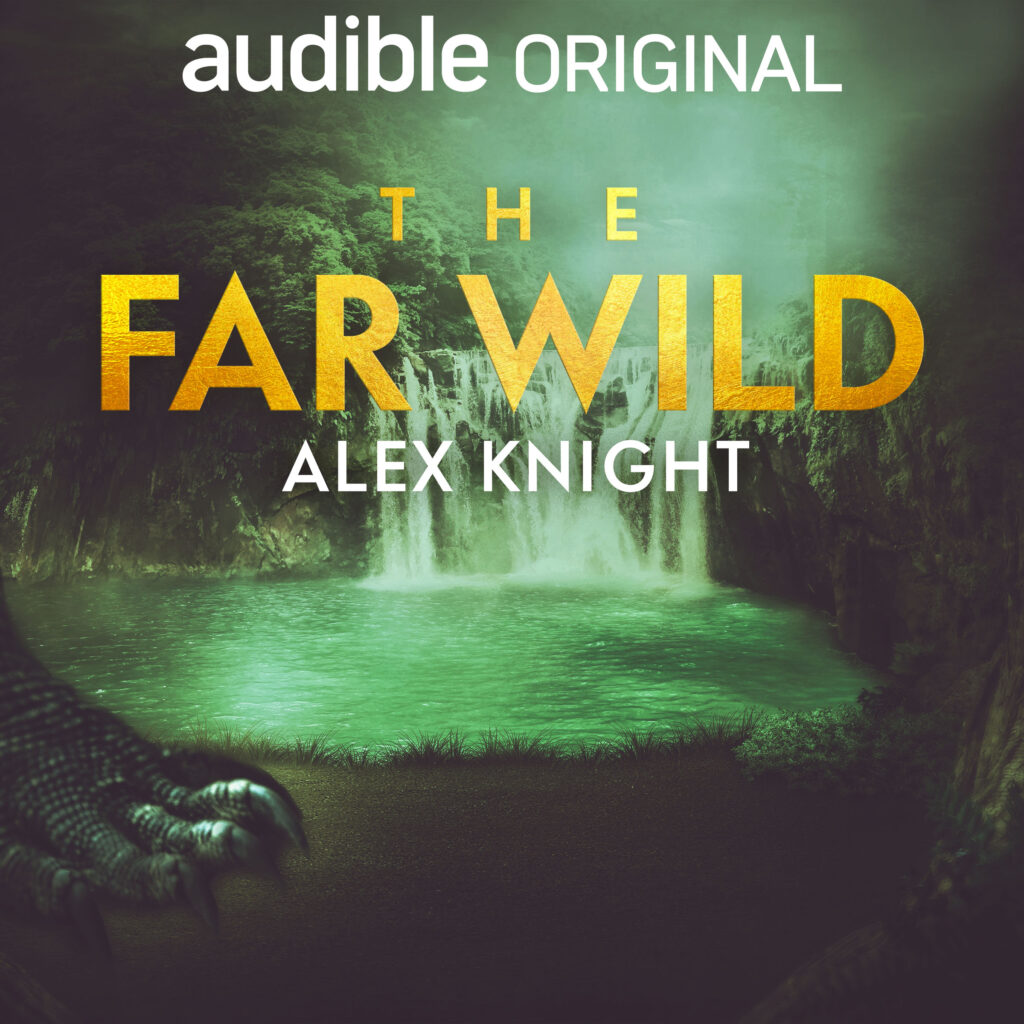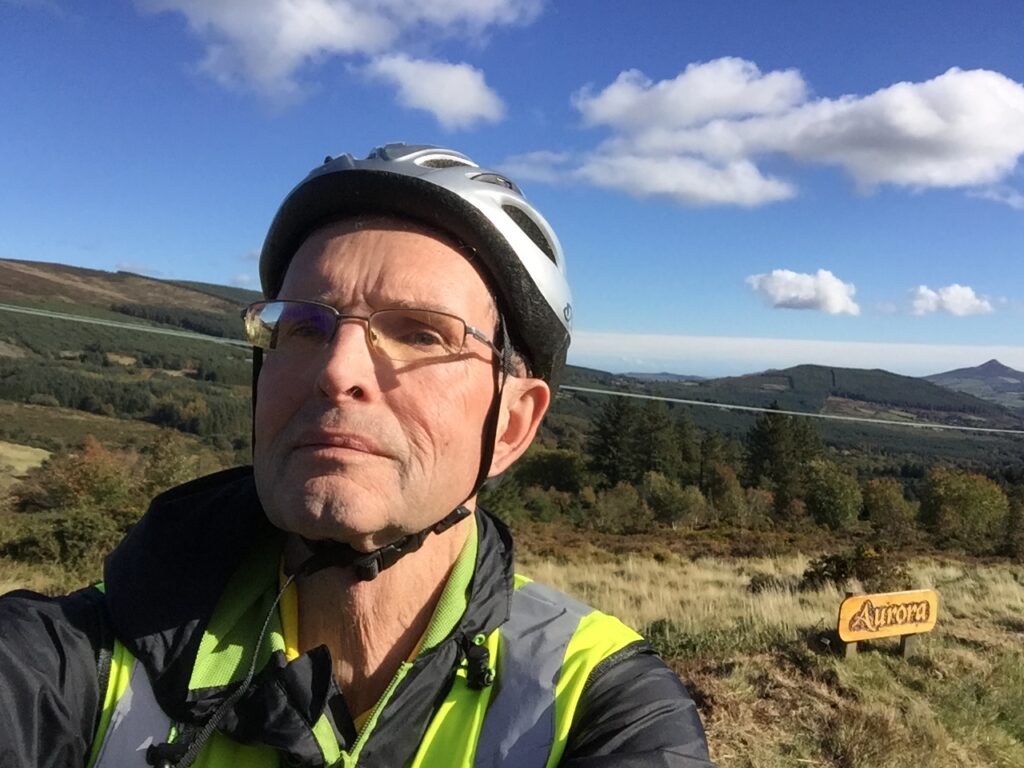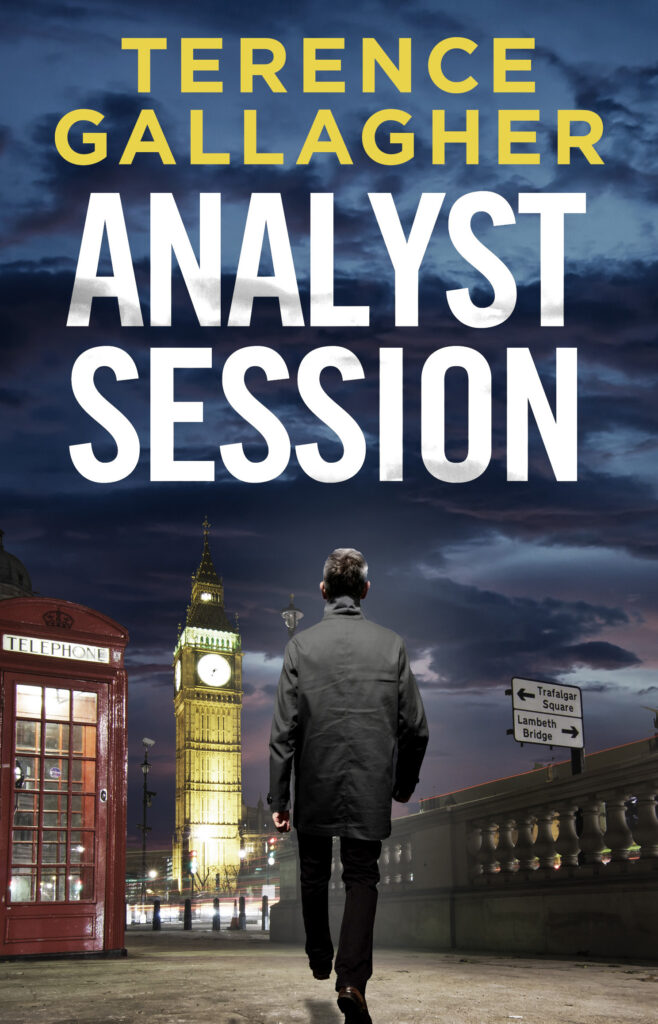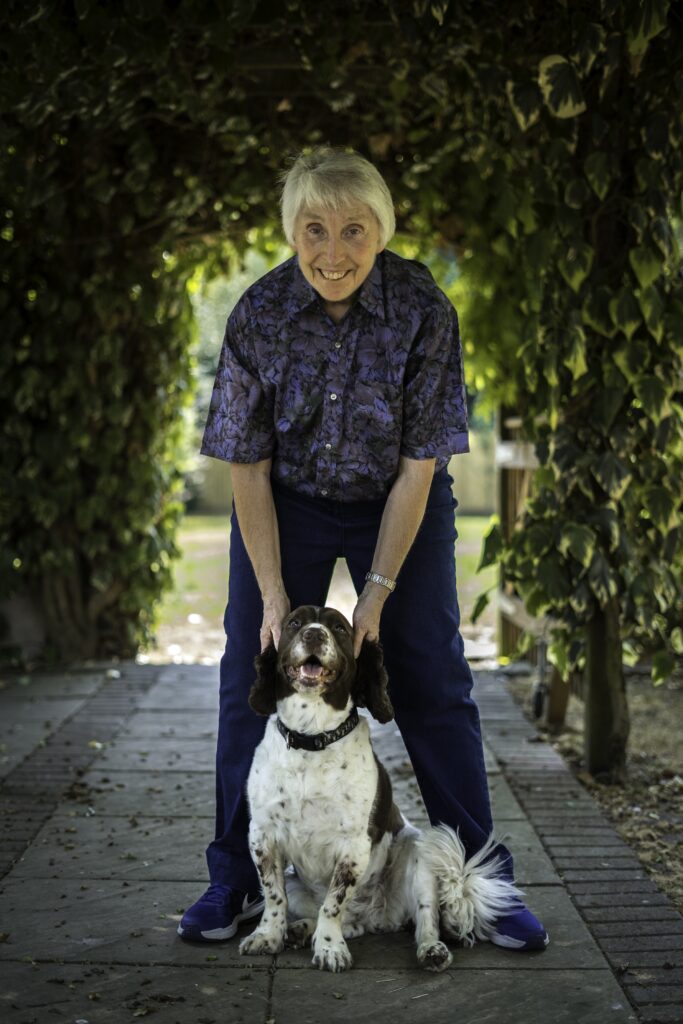 1) What have you written, past and present.
1) What have you written, past and present.
To be honest, quite a lot, and mainly in the last five years. I’m at present writing my 26th book for Joffe Books, but have two more completed novels lurking in a cupboard (and in a completely different genre) that will probably never see the light of day. There are twelve books in the DI Nikki Galena, Fen Series; seven in the DI Jackman and DS Evans series; three Matt Ballards; and one stand-alone novel. Oh, and two more completed and already in the editing process with my publisher. Right now I’m working on book thirteen in the Fen Series. I sometimes wonder just how much mileage you can get from one detective, but from the messages sent to me by the amazingly supportive ‘Nikki Fans’, I’m beginning to think I’ll rival Coronation Street for longevity!
2)What are you promoting now.
At the moment, because of it being shortlisted for The British Book Awards, Book of the Year, Fiction: Crime and Thriller section, all interest is on The Patient Man, Book 6 in the Jackman series. I loved writing this book as it was one that allowed me to use some wonderfully dysfunctional characters, and a particularly vindictive and vengeful killer who had set his sights on Jackman and Marie. I have to confess to enjoying writing the ‘baddies’ as the scope of what they are capable of is endless. Having said that, I always strive for a satisfactory outcome, which means good triumphing over evil… well, most of the time…
3) A bit about the process of writing.
It always starts with asking myself, ‘What if…?’ Just a thought, a vague idea that almost instantly begins to escalate. At that point I grab a notebook and scribble down these tenuous threads that might lead to a new novel. A whole book can materialise from a couple of lines hurriedly written in a notebook. They sometimes take the form of a cameo; a brief scene played out in my mind, and that becomes the foundation for the novel. A perfect example of this was when I was considering a plotline for one of the earlier books in the Fen Series. I envisaged the collapse of a building, trapping two strangers, a man and a woman. Believing the injured woman trapped with him to be dying, the man confesses that he has just killed someone. But, what if she didn’t die? What if she remembered what he had told her? And what if, he discovered that she was still alive? No more was needed to begin writing Stalker on the Fens.
4) Do you plan or just write.
I’m an organic writer, so once I have written Chapter One, I’m off! No detailed plans, I just work with my basic idea and run with it. I firmly believe that I set the scene, introduce my characters, then hand the whole thing over to them to do as they will. If I don’t, half the time they highjack the story anyway!
5) What about word count.
It’s a little bit odd, but I seem to write each novel to finish up with a similar word count. It’s not intentional, as far as I’m concerned, the book is as long as it needs to be. It just works out that way. I use Word for my manuscripts, type in Times New Roman, font size 12, and always double space the text. For four books in a row, when I finally typed those wonderful words, The End, it was on page 406, and I have no idea how that happened. As to wordage, it’s generally around 120,000 words. My last book was a little longer and came in at 127,949 words, but of course that’s before my editor gets to work and prunes it heartily!
6) How do you do your structure
This is quite hard to describe, because although I know how important it is, especially for a new writer, to structure a book well, it isn’t something I do consciously. Perhaps because of having written so many books, I’ve found a mental blue-print, and work to that automatically. And it’s as simple as one, two, three… because that is exactly what it is. A beginning, a middle, and an end. I’ve always thought of it as three acts, the first where you introduce the characters, the location and present the problem; the second where that problem is confronted; and the final act, where the problem is solved. And through all of this I endeavour to keep up the tension, and pay careful attention to the pace of the novel. Pace is incredibly important, and I see that as a wavy line with peaks and troughs. Build the pace and hold it, then slow it down and allow your reader to breath again! Then stick them back on the roller-coaster for a while! If you don’t give them time to gather themselves, they will fall, exhausted and gasping, across the finish line and wonder what on earth that was all about. Even if I’m not totally conscious of it, I know I’m aiming to structure my book to continually connect with my reader and keep them with me, page after page, until we reach a satisfactory ending… together.
7) What do you find hard about writing.
About the actual writing, very little! The hard part is when life gets in the way! If I’m on a roll, I really resent appointments, and doing all the things that still have to be done to exist. And as I’m not exactly in the first flush of youth anymore, sitting for long periods of time does me no favours! I am sometimes forced to stop simply through pain, and that is irritating beyond words, especially if the muse is with me. Yes, for me, the hardest thing about writing is striking a work/life balance, and I can truthfully say, that’s one thing I’m rubbish at!
8) What do you love about writing.
How long have you got? I love everything about writing. Recently however I’ve come to realise things that I never truly appreciated before the pandemic. I’ve always loved books and reading. My favourite present at Christmas as a child would be a book. It provided escapism, company, and adventure. Now, from some of the heart-warming messages that I’ve received in the last year, I’m understanding how much deeper this goes. Books have been an absolute lifeline to so many people during this worldwide period of isolation and fear, and it’s really come home to me that writing books, is actually helping people to cope in extreme situations. It’s very humbling, and some of the stories I’ve been sent have literally reduced me to tears. So, I have to say the thing I love about writing the most, is finally understanding the positive power that books have to really make a difference.

